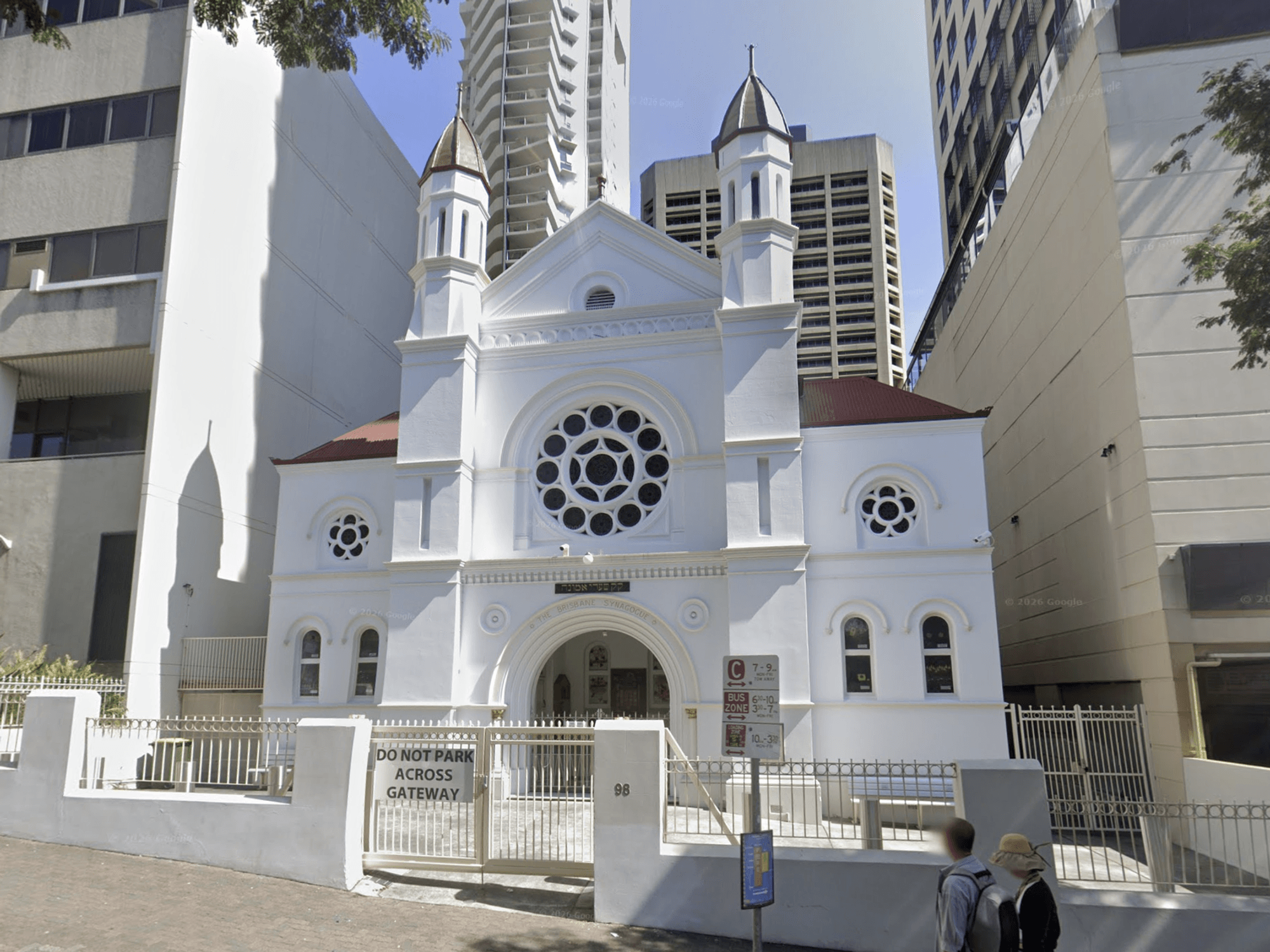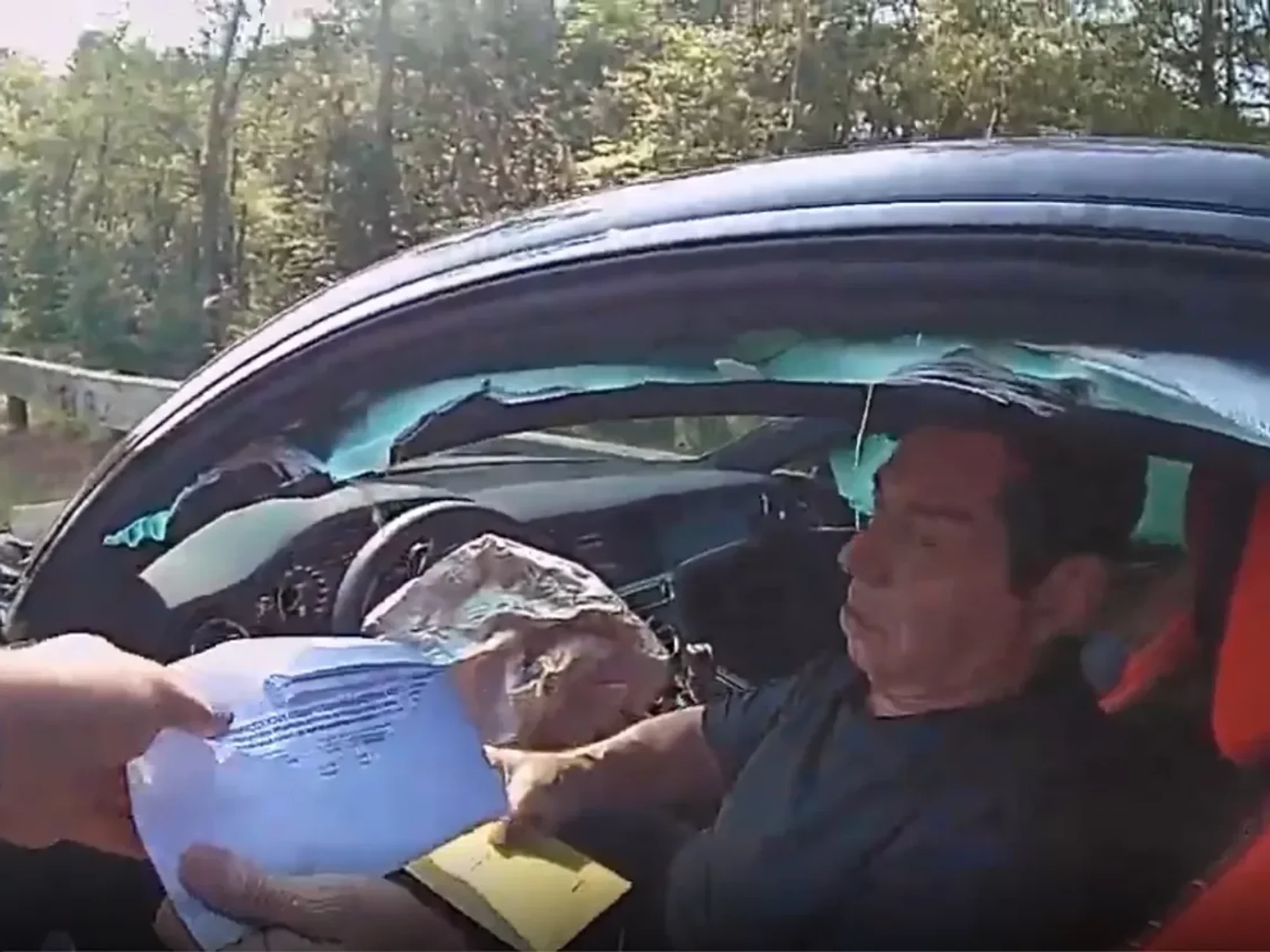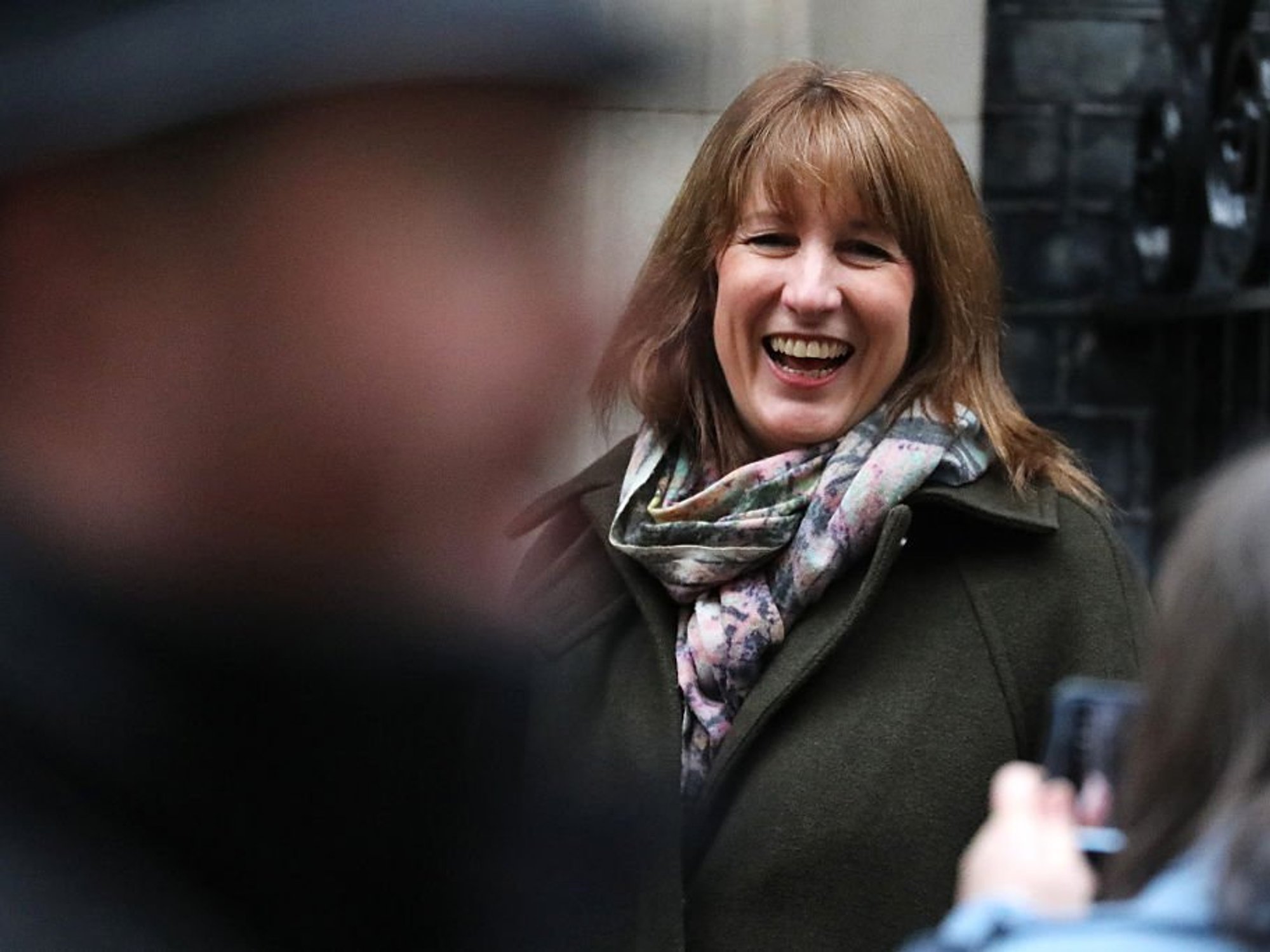'Normalising commercial exploitation!' Police chiefs tell officers to call prostitutes 'sexual entrepreneurs'
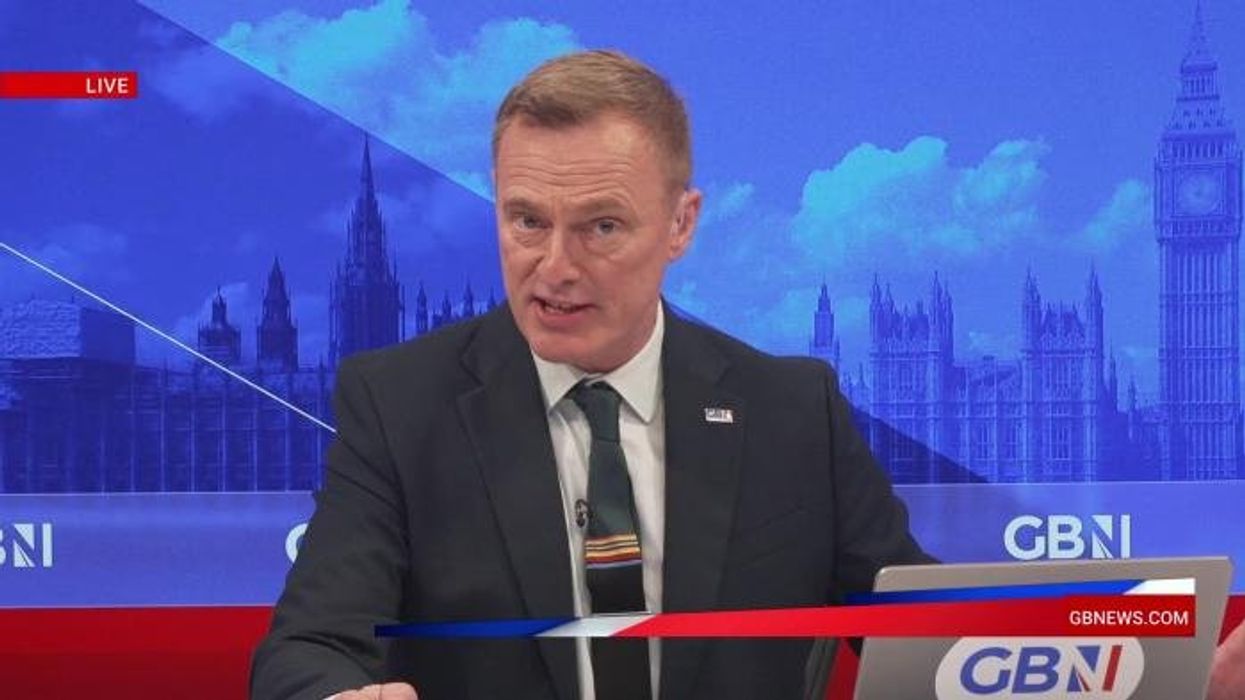
Harjap Singh declares the Home Office 'not fit for purpose' following bombshell GB News exclusive |
GB NEWS

The National Police Chiefs' Council's approach was criticised by a cross-party group
Don't Miss
Most Read
Trending on GB News
A senior policing body has reportedly told officers to refer to prostitutes as "sexual entrepreneurs".
The All-Party Parliamentary Group on Commercial Sexual Exploitation has warned against the use of this terminology, as they described it encouraging commercial sexual exploitation of women.
The parliamentarians expressed "deep concern" the National Police Chiefs' Council's approach to handling prostitution cases was "normalising" commercial sexual exploitation as "work" and "undermining" efforts to crack down on it.
The guidance instructs officers to restrict usage of "prostitute" or "prostitution" to "specific legal meanings and offences", instead promoting alternative terminology.
TRENDING
Stories
Videos
Your Say
According to the guidance, "sex work" represents "a necessary survival strategy" for some individuals, whilst others view it as "an active career choice".
The document specifically defines "sexual entrepreneurs" as those who "have chosen to engage in commercial sex as a career choice and for whom sex work is not necessarily a temporary arrangement that they seek to exit".
The parliamentary group highlighted that "sex work" appears nowhere in UK legislation, calling it "an ideological, political and deeply contested term" whose recommendation by the NPCC was "highly inappropriate".
Prosecutions for prostitution-related crimes have plummeted dramatically over the past thirteen years, the parliamentary group's letter revealed.
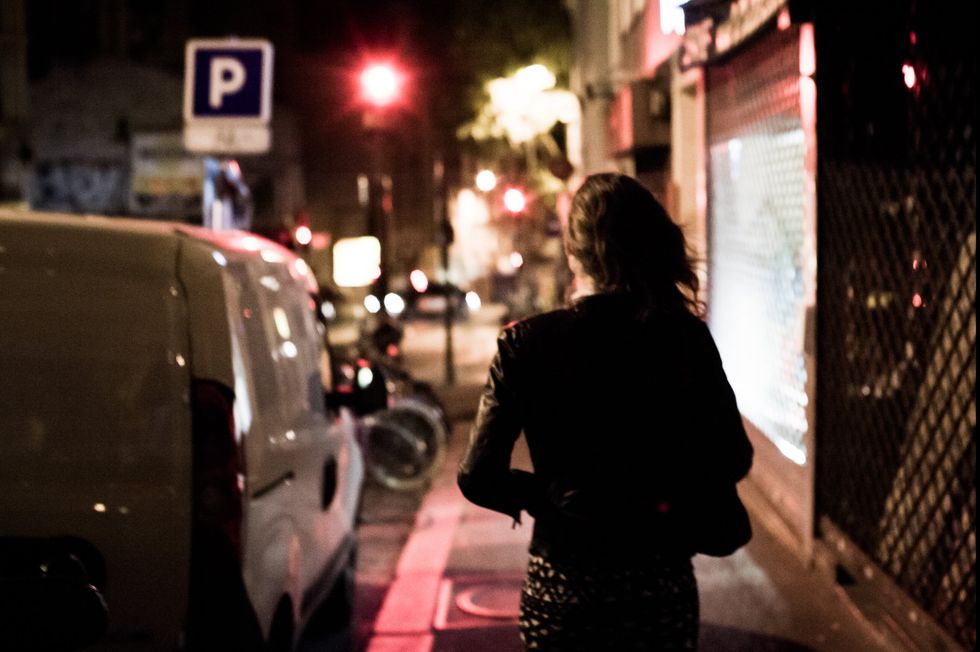
MPs said they were concerned about the police chief's use of language
|GETTY
Convictions for paying for sexual services from someone subjected to force fell from 43 in 2010 to none in 2023, whilst soliciting prosecutions dropped from 208 to 25.
Brothel-keeping convictions declined from 32 to eight during the same timeframe, with pimping prosecutions showing an identical decrease.
Meanwhile, the MPs warned that sex trafficking operations were flourishing on an "industrial scale" via online platforms, with a single website advertising 15,800 prostitution listings.
The APPG, led by Labour MP Tonia Antoniazzi, argued these statistics demonstrated how current policing approaches were failing to combat commercial sexual exploitation effectively.
LATEST DEVELOPMENTS
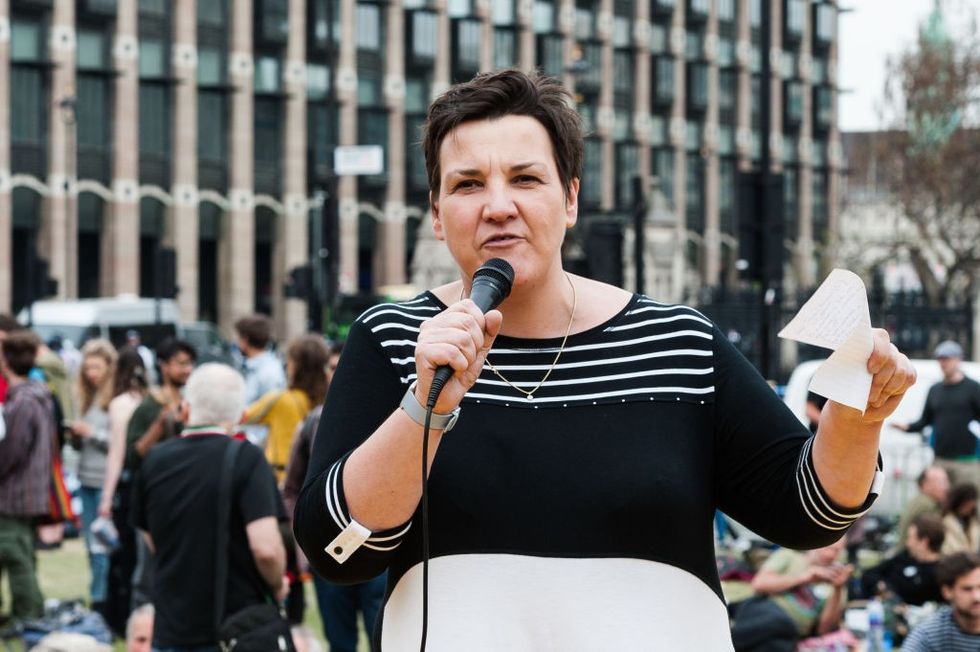
Tonia Antoniazzi issued a warning against the plans
|GETTY
The guidance suggested that for disabled officers, "using such services may be their only access to a physical relationship of any kind".
It added restrictions "could cause significant distress and force the person to choose between their job and sex life".
The APPG condemned this as a "deeply offensive statement" that "normalises commercial sexual exploitation".
The MPs urged adoption of Police Scotland's model, which avoids the term "sex work" and "recognised the exchange of money for sex acts as a form of violence against women".
They requested a meeting with Ms Mahmood to discuss implementing this approach across England and Wales.
A Home Office spokesman told The Telegraph: "For too long, women have been trapped within sexual exploitation under the guise of prostitution.
"We will use every lever available to us to stop this.
"As part of our mission to halve violence against women and girls in a decade, we are funding a pilot of the first national law enforcement intelligence and investigation hub for sexual exploitation to boost arrests and ensure perpetrators face justice."
Deputy Chief Constable Dan Vajzovic, national police lead for sex work and prostitution, said: "The commercial sex industry is highly complex and multi-faceted, which is why it’s crucial that policing has consistent guidance that helps forces to navigate complicated legislation and policy.
"Policing exists to enforce the law and safeguard the vulnerable, not to make judgements and decisions based on personal morality.
"We recognise that some people choose to work legally in the sex industry. Similarly, we recognise that the sex industry is a significant contributor to sexual exploitation. These nuances mean that our approach must be dynamic, balanced and focused on protecting the vulnerable and tackling sexual exploitation.
"We welcome the opportunity to speak to partners about how we work to do this and have recently met with the chair of the All-Party Parliamentary Group to discuss the guidance, which was recently refreshed following extensive consultation with policing, partner organisations and those with lived experiences of sex work and sexual exploitation.
"Our focus remains on tackling exploitation and pursuing perpetrators who exploit or abuse sex workers and to work relentlessly to improve the safety of those involved in the sex industry."
Our Standards: The GB News Editorial Charter
More From GB News





